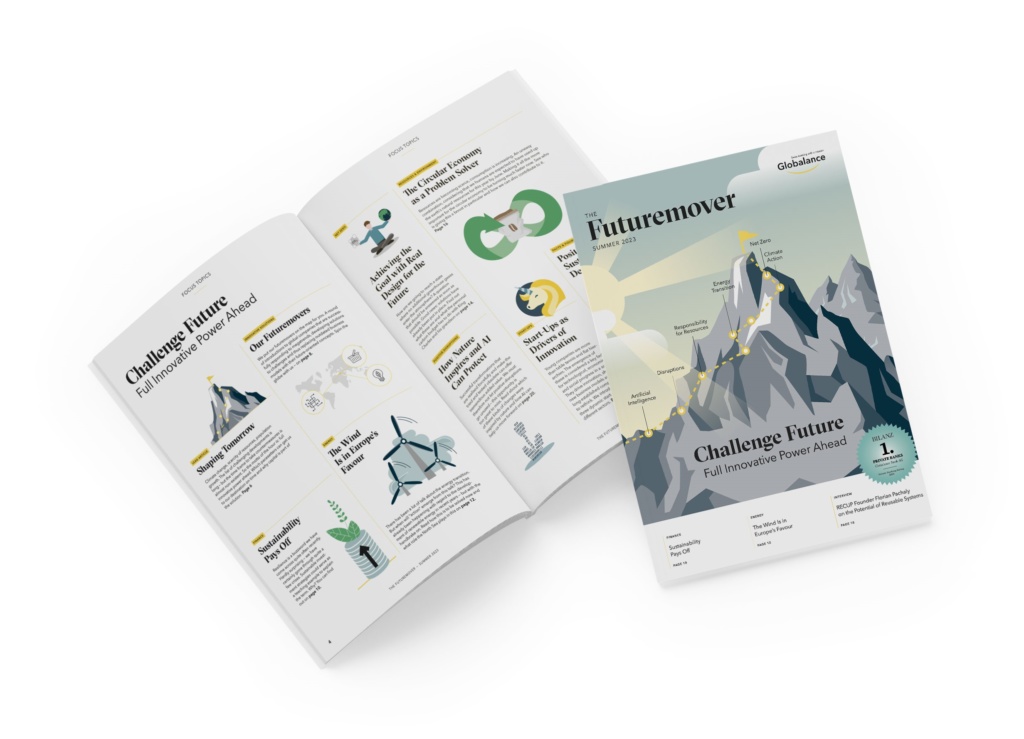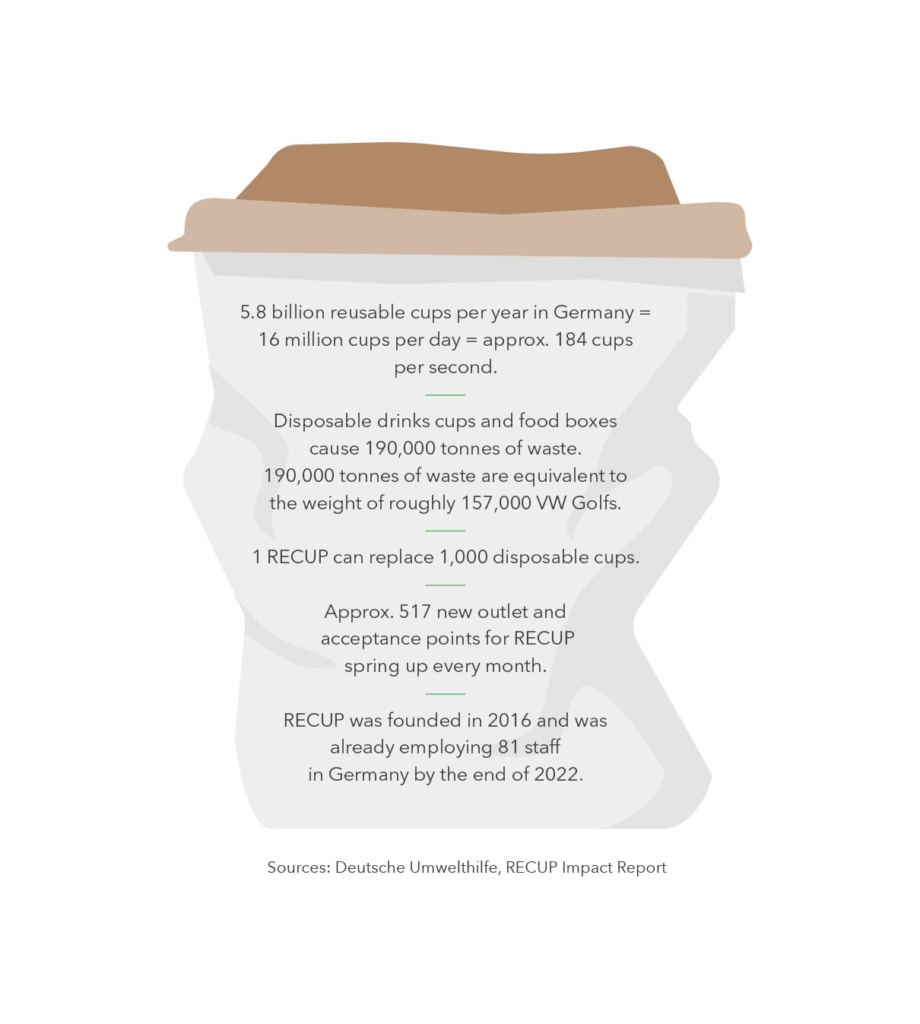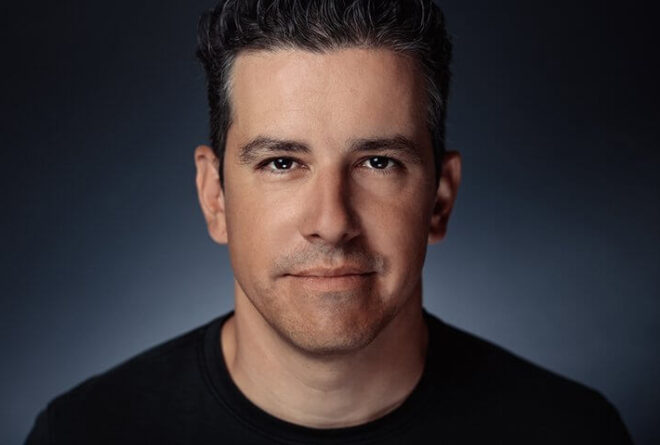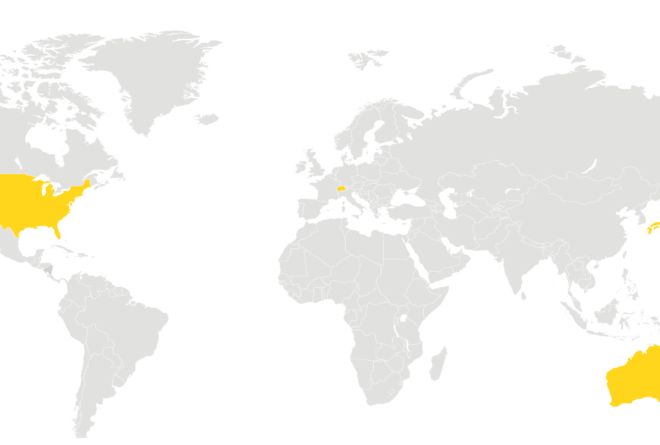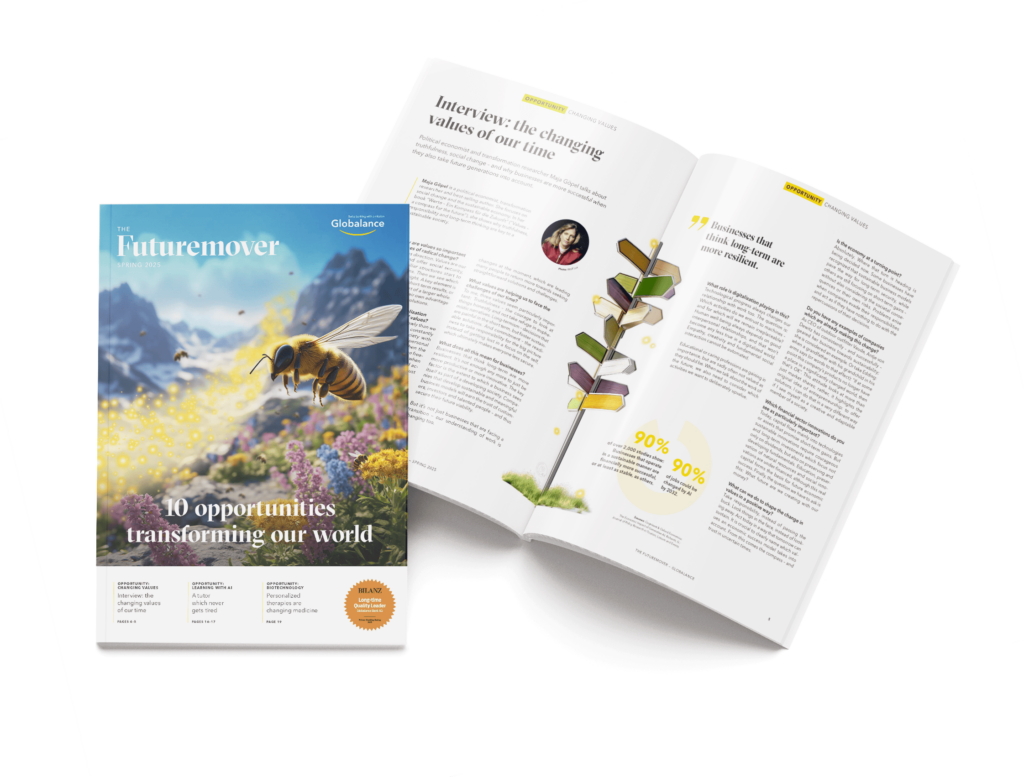News & Trends
The Circular Economy as a Problem Solver
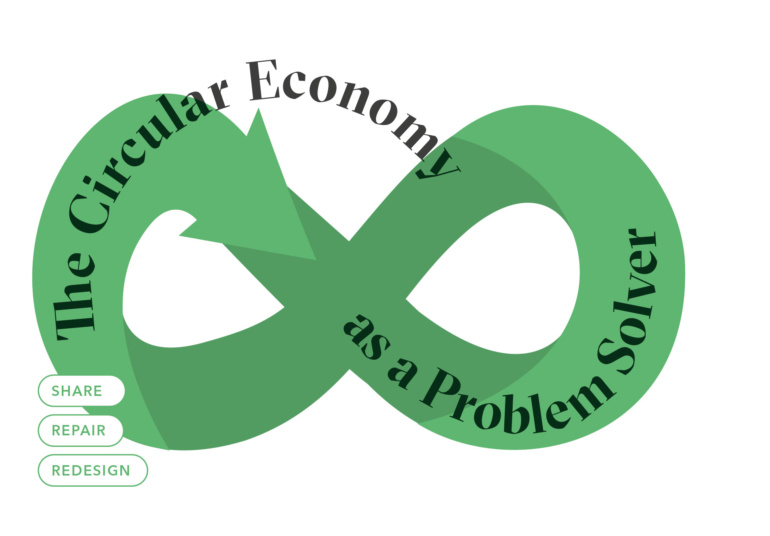
ENVIRONMENTAL AND CLIMATE PROTECTION ARE BECOMING MORE AND MORE SUITABLE FOR THE MASSES – also by continuing to use what already exists longer and further developing what has been tried and tested. The current initiatives to combat wasted resources are proving effective and are also inspiring new business model innovations.
From PET bottles to skyscrapers, every object produced needs resources. While a single PET bottle is less of a problem in itself, all of them together are very much so: every year, we produce 460 million tonnes of plastic on our planet – over 350 million tonnes of which end up in the rubbish. Then there are cars, food, furniture, clothes, appliances and all the other smaller or larger consumer pleasures. The fact is: we live on credit and consume more resources than the earth can provide.
Once a Necessity, Today a Virtue?
New approaches are being developed by innovative companies to counteract our resource problem. The mindset from ways of life that were common in the past may also serve as a source of inspiration for developing solutions: our grandparents’ generation took care of their things, repaired everyday objects, lived from their own garden. More expensive purchases were shared within the family or the neighbourhood. But how can our society, which has become as accustomed to rapid consumption as it is to regular disposal, be switched back towards longer product cycles? Do grandmother’s recipes for life still have a place in our world?
Yes, in an adapted form. Today’s visions take the best from earlier times and adapt them to current circumstances. With one difference: what was a necessity then is a virtue today. So, for a voluntary sense of responsibility to succeed in our everyday lives, we need concepts that are as convenient as pos sible. And they do exist, as the textile industry proves, for example. With pioneers like Patagonia having paved the way with its environmentally conscious repair service, other players are now jumping on board. The sportswear manufacturer On wants to produce most of its shoes out of CO2 in a few years’ time. Ingenious engineers have developed a process for this, which, put in simple terms, works like this: high-carbon emissions from industry are further processed so that they can be filled into the shoes’ outer soles in the form of a foam. On has also set itself the target of recycling the majority of its products and reusing the materials contained in them. The company is offering a subscription service for the recyclable shoes under the name Cyclon. Subscribers simply return the worn shoes. And On makes new shoes out of them.
We find solutions outside our comfort zone.
Reuse — Disposable Is Not the Way
An exciting second-hand market has established itself in recent years in the smartphone industry, which is known to process mineral resources that are particularly worthy of protection. According to estimates by the analysis company International Data Corporation, 282 million refurbished smartphones were sold worldwide in 2022. By 2026, this figure is expected to rise to over 400 million. Companies like rebuy or asgoodasnew check used mobile phones, replace defective parts or the battery and sell the devices at a lower price. In Germany alone, around 13 billion disposable cups and packaging find their way onto the streets every year in the take-away sector — a colossal consumption of resources. The start-up RECUP has been turning this one-way street into a roundabout with a modernised business model since 2016. Today, the company already offers Germany’s largest reusable system for the catering industry. The recyclable RECUP can replace up to 1,000 disposable cups in the course of its life — for its culinary counterpart, the REBOWL, it is up to 500 food packages. And the sophisticated deposit system already works without any major hurdles: thanks to the 21,000 outlets and acceptance points so far. Give the Cycle a Boost! The main goal of this emerging circular economy is one thing above all: to use existing products for as long as possible. This does not only include repairing and reusing them, but also sharing them. Platforms such as Sharely or frent.me allow thousands of everyday objects to be hired in the immediate vicinity — not every household needs a cordless drill or an orange squeezer. The key to all these initiatives remains people’s mindset that a longer life and the effort involved are worth it. As this is the only way for the circular economy to develop its full impact and for us to reduce the negative balance on our resource account.
Would you like more information about RECUP and founder Florian Pachaly? In our interview with the founder of RECUP, Florian Pachaly, we learn how an innovative solution to the problem of disposable packaging emerged from a difficult situation and why focusing on a meaningful purpose is the company’s central concern.
Give the Cycle a Boost!
The main goal of this emerging circular economy is one thing above all: to use existing products for as long as possible. This does not only include repairing and reusing them, but also sharing them. Platforms such as Sharely or frent.me allow thousands of everyday objects to be hired in the immediate vicinity — not every household needs a cordless drill or an orange squeezer. The key to all these initiatives remains people’s mindset that a longer life and the effort involved are worth it. As this is the only way for the circular economy to develop its full impact and for us to reduce the negative balance on our resource account.
THE GLOBALANCE VIEW
The innovation and scalability of relevant circular economy systems are part of the Globalance Footprint assessment. We select companies that achieve a significant reduction in the consumption of valuable materials in particularly challenged industries. Take Panasonic, for example: high-purity iron as well as copper and plastics are recovered from old televisions, air conditioners, refrigerators and washing machines at its own Eco Technology (PETEC) Centre in Japan. Or the futuremover TOMRA, which operates around 80,000 PET collection points in over 60 different countries.
Interested in more interesting articles? You can find more exciting topics in our free Futuremover magazine.
